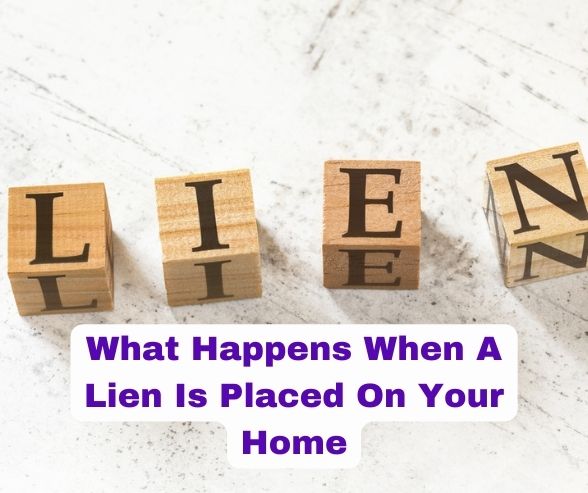Can A Creditor Put A Lien On My House For Unsecured Debt
Can A Debt Collector Put A Lien On Your House
A creditor places a lien on the property to ensure they get paid. They know that the lien prevents you from selling the home and you won’t be able to find a lender willing to finance it. This is because the creditor has an ownership interest in the property that can only go away once you pay the debt, surrender the property, have a bankruptcy court remove the lien, or the property gets foreclosed.
Property liens are a major sign that you are going through financial difficulties.
Process Of Putting A Lien On Property
Placing A Lien On A Property
 Liens are not placed on property the same way. The creditor can place a lien on your property without involving you or without your permission. But most of the time debtors allow the creditor to place a lien on the property such as when you purchase a house using a mortgage or when you finance a vehicle with vehicle loans.
Liens are not placed on property the same way. The creditor can place a lien on your property without involving you or without your permission. But most of the time debtors allow the creditor to place a lien on the property such as when you purchase a house using a mortgage or when you finance a vehicle with vehicle loans.
The different types of liens include:
- Voluntary liens: These are liens that borrowers agree to be placed on houses and cars that they are purchasing. For instance, a lender may require you to grant them a lien by placing the house or vehicle you purchased as collateral. Voluntarily allowing the lender to place a lien on the property means that the lender can reclaim it if you fail to pay back the debt as you agreed.
- Judgment liens: These are liens placed on your house or other property when a creditor wins a collection lawsuit. It is called a judgment lien. Since you did agree to these liens, they are not voluntary liens.
- Statutory liens: These include tax, student debt, and mechanics liens. The person holding this lien doesn’t have to win a lawsuit to place this lien on your house and other property. The lien is automatic when you fail to pay.
Why Does A Creditor Place A Lien On Your Property?
How Does A Lien Against Property Work
Creditors place a lien on your property to force you to pay a debt. The lien gives the creditor the following rights:
- The creditor owns part of your property until you pay
- The creditor gets paid if another creditor forecloses on or seizes the property
- The creditor can force you to sell the property
The liens will get paid when the property is sold or refinanced. Buyers will ask you to remove a lien on your property before the sale is finalized. Lenders also prefer to finance a property with a clean title.
You Can Get Rid Of The Lien On Property
How To Get A Lien Off Your House
The obvious way to remove the lien on your property is to pay the debt. But since this is not always possible, you can do the following:
- Return the property: This can work if selling the property helps pay the amount you owe a specific creditor. If it does not cover the amount you owe, the creditor will go to court for a deficiency judgment after repossession.
- File for bankruptcy: Filing for bankruptcy will not always get rid of a lien on your property. A judge may get rid of the lien if it makes it impossible for you to benefit from property exemption laws.